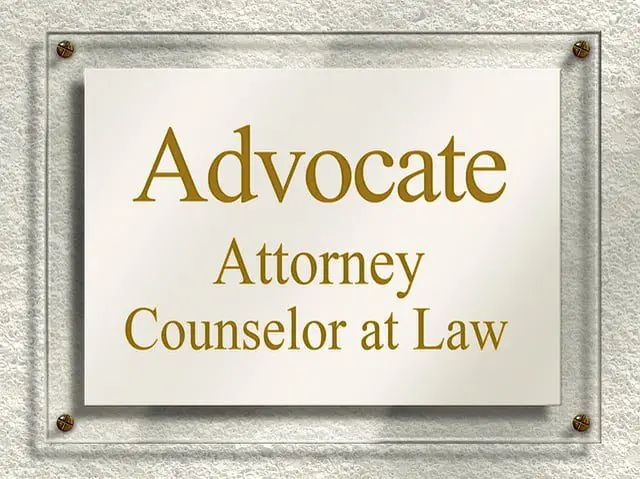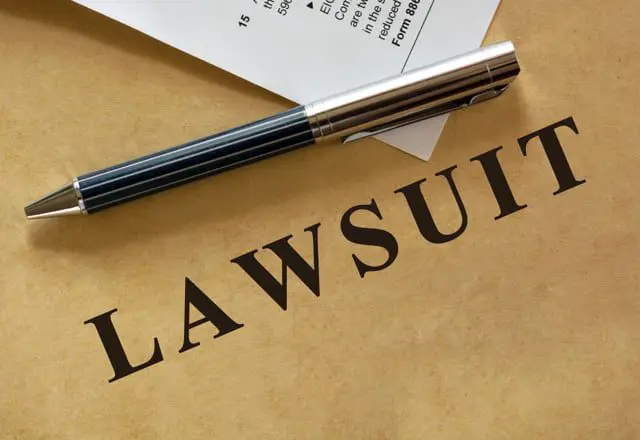In the realm of corporate law, the Alter Ego Rule stands as a fundamental principle affecting corporate structure and liability. This rule is critical for understanding how courts can pierce the corporate veil, attributing the actions of a corporation directly to its owners or shareholders under specific conditions.
The concept of the Alter Ego Rule involves treating a corporation and its shareholders as inseparable identities when certain legal criteria are met. This typically occurs in cases where the corporate structure is used to perpetrate fraud, circumvent laws, or commit injustice. Thus, the rule is not merely a legal technicality; it is a protective measure that upholds fairness and justice in business operations.
Legal Basis and Criteria
To invoke the Alter Ego Rule, courts look for clear evidence that the corporation lacks a separate identity from its shareholders. This might be demonstrated through the commingling of assets, inadequate corporate records, or failure to maintain formalities that distinguish the corporation as an independent entity. These indicators suggest that the corporation is merely a façade for its owners.
The implications of applying the Alter Ego Rule are profound. Once the corporate veil is pierced, shareholders can be held personally liable for corporate debts and legal transgressions. This possibility serves as a deterrent against misuse of the corporate form for personal gain.
Variaciones jurisdiccionales
It’s important to note that the application of the Alter Ego Rule varies significantly by jurisdiction. While some regions may apply the rule strictly, others might require a higher threshold of proof to protect shareholder interests. This variation necessitates that legal professionals are well-versed in the specifics of their jurisdiction’s corporate law to effectively navigate or litigate such matters.
Strategic Considerations
From a strategic standpoint, corporate attorneys advise clients on structuring their businesses to avoid falling afoul of the Alter Ego Rule. This includes proper corporate governance, clear separation of personal and corporate finances, and adherence to all legal formalities required for corporate entities. These practices are not just crucial for legal compliance but also for maintaining corporate integrity and trust.
Casos prácticos y precedentes jurídicos
Exploring various case studies reveals the nuances of how the Alter Ego Rule has been applied in different scenarios. For instance, in cases where corporate owners have abused the corporate form to shield themselves from liability, the courts have not hesitated to apply the rule aggressively. These case studies serve as valuable learning tools for legal practitioners and businesses alike.
Ethical Implications
The ethical dimension of the Alter Ego Rule cannot be understated. It challenges business owners to uphold high standards of honesty and integrity in their operations. Legal advisors play a crucial role in educating their clients about the ethical and legal implications of their corporate structures.
En conclusión, la Alter Ego Rule is a vital aspect of corporate law that ensures businesses cannot unjustly shield their owners from liability. Understanding this rule is essential for any legal professional involved in corporate law, as it influences how businesses are structured and operated. By mastering the intricacies of this rule, legal practitioners can better serve their clients and uphold the law.
This article provides a comprehensive overview of the Alter Ego Rule, emphasizing its importance and application in corporate law, and offers insights into the strategic, legal, and ethical considerations involved.









